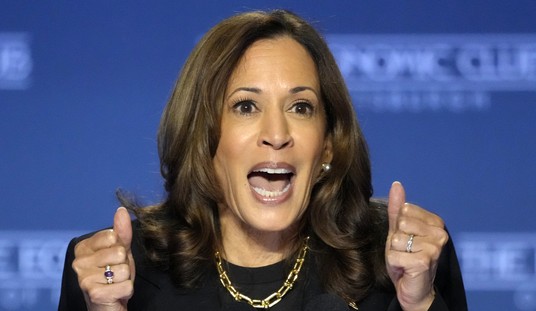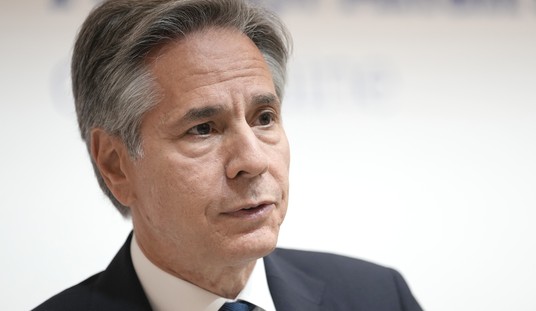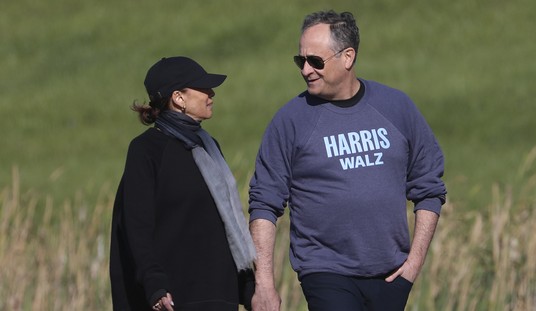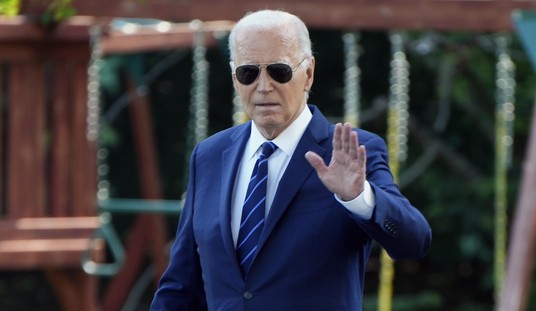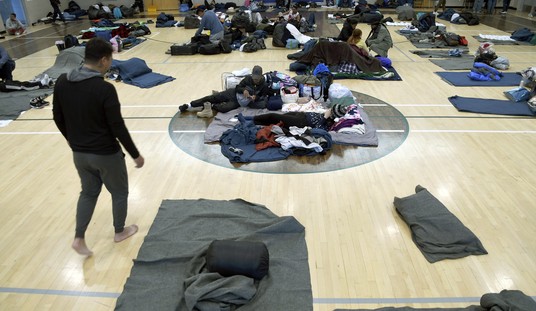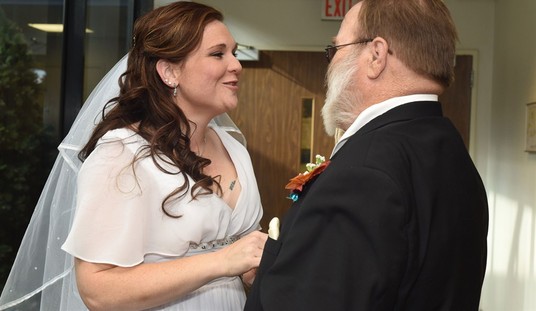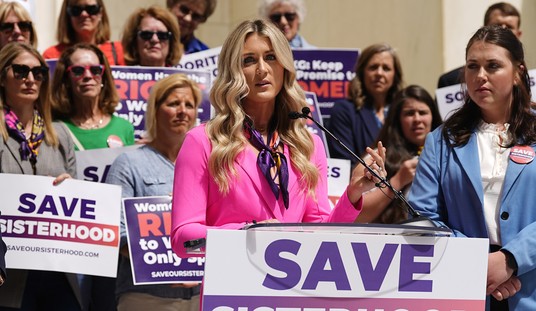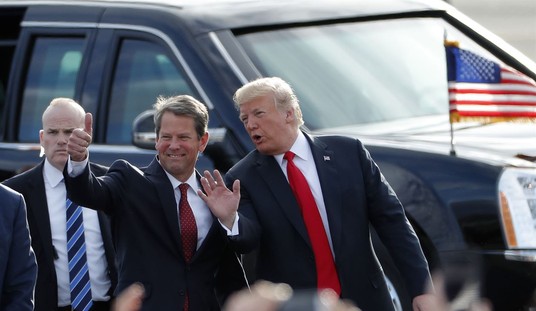If a recent op-ed written by a progressive about free speech is any indication, there can be no wonder that so many on the hard left do not understand the concept.
As the left has become increasingly opposed to the freedom to express one’s views freely, some have attempted to justify their anti-speech stances while pretending it is only those on the right who seek to silence opposing views.
Author Peter Certo wrote an op-ed in which he makes the odd claim that “extreme inequality” is the true threat to freedom of expression. He starts by recounting an experience in the late 2000s when college students protested a racist speaker, which led to the event’s cancellation. He contends that this action was not a violation of free speech.
I was a student in the late 2000s when I had my first brush with “cancel culture.” A campus group had invited Nick Griffin — a racist Holocaust denier and leader of a fascist British political party, among other charming things — to speak.
Many shocked students, including me, called Griffin’s views vile and warned that violent extremists might come to support him. Eventually, the group rethought the invitation and canceled the event. Thank heavens.
No one’s speech had been denied. Others had simply exercised their own.
Yet a few short years later, campus protests like these became a bete noire for right-wing politicians, who produced countless diatribes against “woke mobs” and the “free speech crisis” on campus. Then, with ample backing from well heeled donors, they launched an actual war on speech, on campus and beyond.
Protest has never been a threat to speech — it is free speech. What we’ve learned is that the real threat is inequality.
In theory, he’s right, as long as the university is not public. The First Amendment is supposed to protect us from government efforts to silence people. If this was a private institution, it has the right to associate with whomever they please. However, it could be argued that the protesters’ actions violate the spirit of the law if not the letter of the law. The concept of free speech is that people should be allowed to speak their views publicly while others also have the right to repudiate that speech.
The author then brings up the wave of unrest that occurred on college campuses in the wake of the war in Gaza, claiming that conservatives were the ones trying to squash their speech.
Conservative politicians who’d thrown fits over free speech on campus cheered as police officers roughed up and arrested student protesters. Some even called to deploy the National Guard, which infamously murdered four Kent State students during the Vietnam era.
Meanwhile billionaire CEOs like Bill Ackman led campaigns to out students who’d participated in the protests and blacklist them from employment.
Cynically casting these often Jewish-led protests as anti-semitic, Rep. Elise Stefanik (R-NY) — who has a history of embracing truly anti-semitic conspiracy theories — hauled several university presidents before Congress to answer for why the protests hadn’t been shut down more brutally.
Of course, he leaves out the part where the pro-Hamas activists actively engaged in violence, threats, vandalism, and trespassing. The reason why is easy to discern: These are not acts of speech.
He also highlighted the controversy over several university presidents who were “compelled to resign” for failing to address the rise of antisemitism on their campuses. He blamed “donor pressure” for the resignations and argued that “high-end donors are shaping what can and can’t be said inside the classroom as well.”
Certo brings up another favorite topic of the left: “book banning.”
Corporate and billionaire-backed groups like the American Legislative Exchange Council and Of The People have poured enormous sums into backing laws that ban books, restrict what history can and can’t be taught, and severely curtail classroom instruction on race, gender, or sexuality.
Many public libraries and universities face defunding for carrying materials these billionaire-backed politicians don’t like. And in some red states, teachers and school librarians may now face felony charges for running afoul of state censors.
Again, the author leaves out some critical information: The fact that the furor has nothing to do with books people don’t like. It is related to schools and libraries providing age-inappropriate material to young children. This includes sexually explicit content and other material. Nobody is trying to ban “Where the Wild Things Are” by Maurice Sendak.
The author then turns his attention to Elon Musk after his purchase of Twitter as an example of how the wealthy control speech.
As threats and hate speech predictably flooded the platform, Musk threatened a “thermonuclear lawsuit” against a watchdog group that cataloged the growing trend. He also appeared to suspend journalists that covered him critically and otherwise censored users who espoused causes he didn’t care for, like LGBTQ rights or racial justice.
There are several problems with Certo’s arguments. To start with, nobody is arguing that simple protests are a threat to free speech. People have the right to assemble and make their voices heard. However, as in the case of the Gaza protests, leftists have created an environment aimed at silencing the voices of Jewish students and others who support Israel. Their antics have made many people afraid to speak up out of fear of violence and other acts.
Moreover, Certo fails to distinguish between private influence, as in the case of billionaires, and government action. Elon Musk can dictate what speech is allowed on his platform, but he cannot stop you from making statements on other platforms. The author completely ignores the rampant censorship that occurred on X before Musk took over and the biased content moderation policies of Facebook and other platforms dominated by leftists.
The bottom line is that inequality isn’t a threat to free speech. The concept means that people are allowed to say what they want without being punished by the state. It does not guarantee that everyone who wants to speak will have as loud of a microphone as everyone else.


